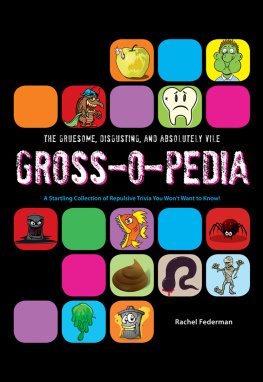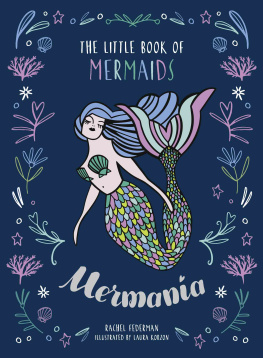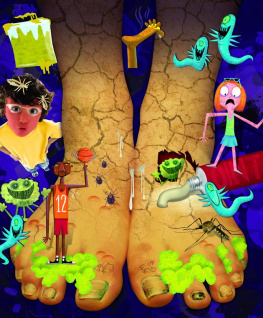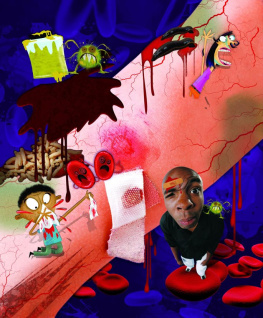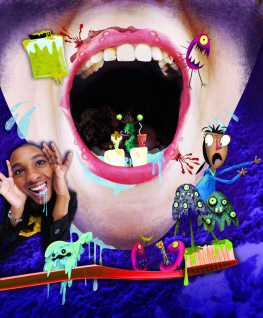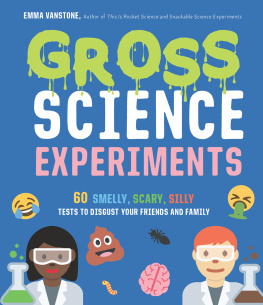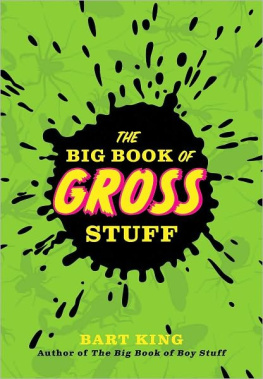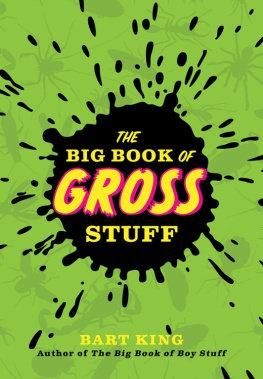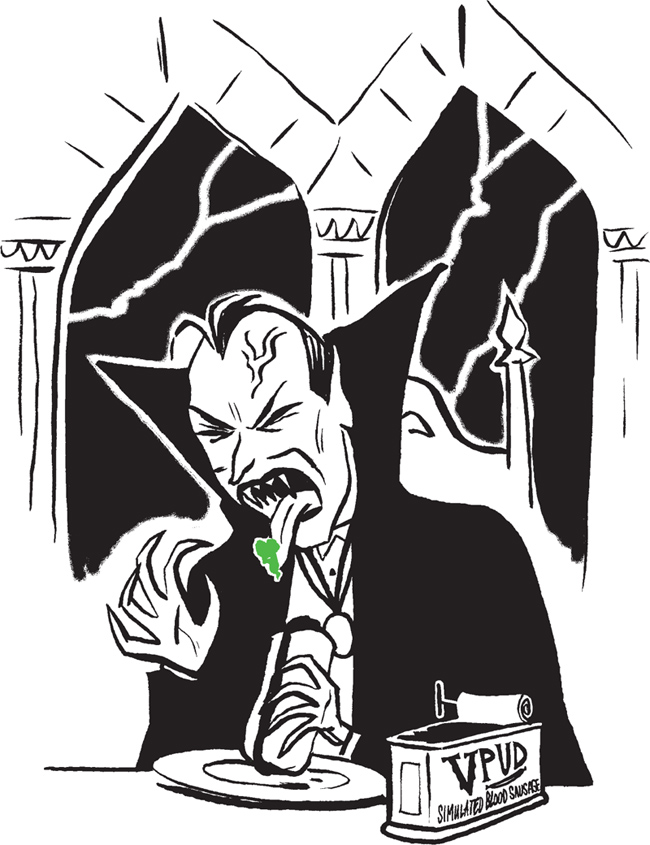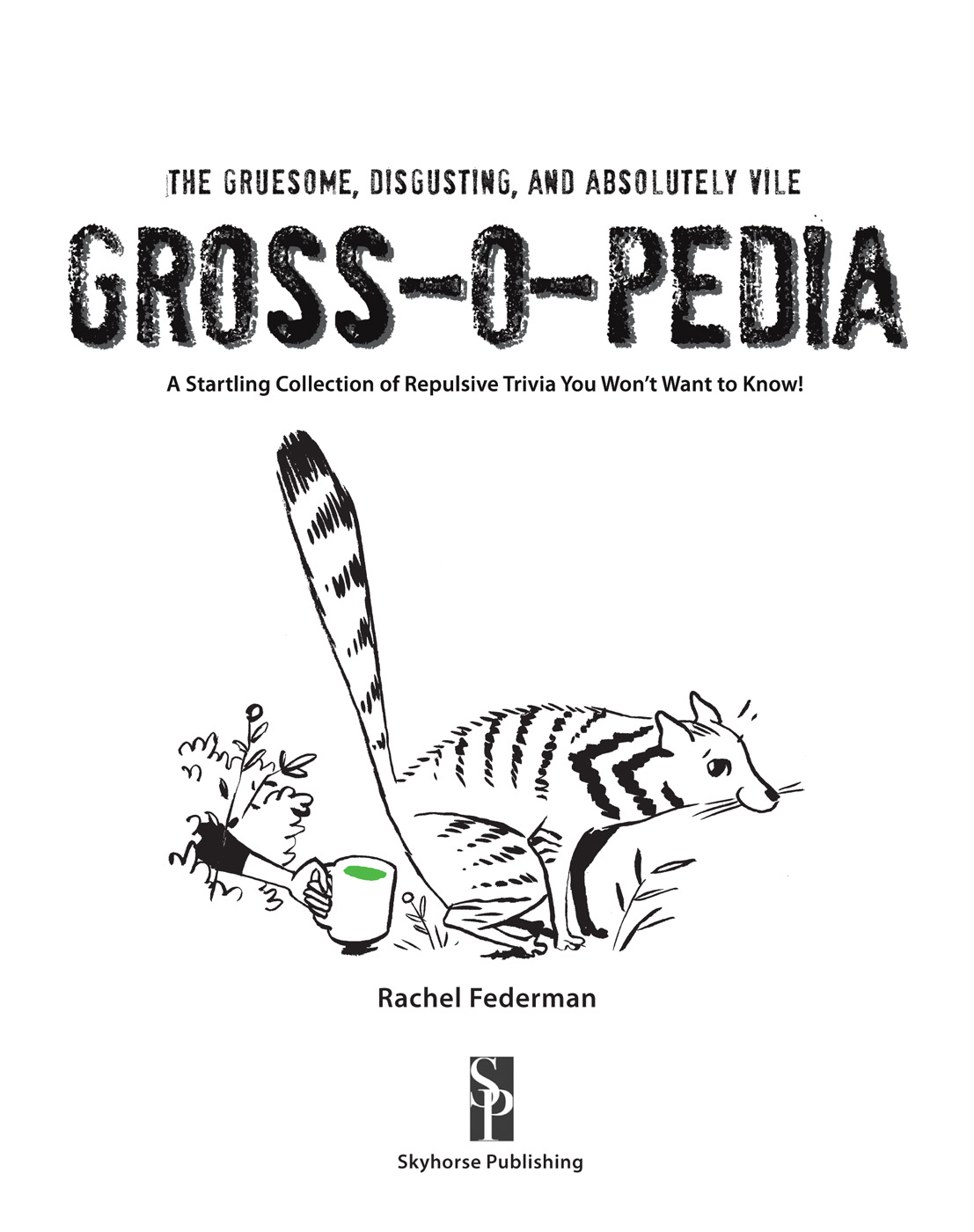HarperCollinsPublishers
77-85 Fulham Palace Road,
Hammersmith, London W6 8JB
www.harpercollins.co.uk
FIRST EDITION
HarperCollinsPublishers 2012
Library of Congress Cataloguing-in-Publication data is on file.
All rights reserved under International and Pan-American Copyright Conventions. By payment of the required fees, you have been granted the nonexclusive, non-transferable right to access and read the text of this e-book on screen. No part of this text may be reproduced, transmitted, downloaded, decompiled, reverse engineered, or stored in or introduced into any information storage retrieval system, in any form or by any means, whether electronic or mechanical, now known or hereinafter invented, without the express written permission of HarperCollins e-books, except in the case of brief excerpts in critical reviews or articles.
Skyhorse and Skyhorse Publishing are registered trademarks of Skyhorse Publishing, Inc., a Delaware corporation.
www.skyhorsepublishing.com
Find out about HarperCollins and the environment at www.harpercollins.co.uk/green
Source ISBN 9780007927807
Ebook Edition JANUARY 2013 ISBN: 9780007519453
Version 1.0
Dedication
For my fifth-grade teacher, Mr. McInerney, who pushed us way beyond our comfort zone in a magical classroom where we were encouraged to experiment, learn from failure, face our fears, and prioritize true growth over outward measures of successan approach to teaching that was rare then and, thanks to dwindling funds for public education and current testing mandates, is now all but extinct.
CONTENTS
I get really easily grossed out. So easilyand dramaticallyin fact, that I used to faint because of it. The first time was when our amazing fifth-grade teacher, Mr. McInerney, mentioned that wed be dissecting a sheeps eye. Or maybe he just had a sheeps eye in a jar of formaldehyde. I only heard the first part of the sentence, but I dont think I myself ever laid eyes on the eye of the ewe.

I also lost consciousness briefly when he told us to collect cells to examine under the microscope by running a little wooden stick against the inside of our cheeks. I woke up to the sound of Mr. McInerneys voice asking, Are you with us? I was, but it was touch and go from therethrough junior high and most of high school. In chorus, I once fell off the back riser during a holiday show while the rest of the choir finished singing Billy Joels And so It Goes. I dont even remember what it was that initially bothered me. My mom heard the thud of my head hitting the stage but didnt realize I was missing until the end of the song. Another time, I ended up in the nurses office after reading a story in English class about a boy who swam underwater so long that his blood vessels burst.
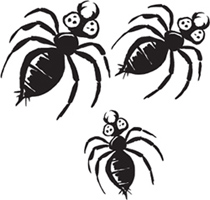
Some people said what I had was a real thing, and that it even had a name: blood-injury phobia (see ,). Others just said I had a weak stomach. In biology lab, everyone around me wielded scalpels and seemed remarkably brave, while just I prayed for the bell to ring. I started to realize something funny, which was that hearing disturbing stories bothered me more than actually seeing something gross. It was my imagination, in the end, that really got the best of me.
After a while, the other kids started to look out for me. They let the teacher know when a news topic of someone finding a severed hand in the woods or Ozzy Osbourne chewing the heads off bats came up that maybe they should change the subjecteither that or give me a pass to study hall. Theyd tell me not to look at a slide showing a giraffe carcass being torn apart by leopards. Sometimes they caught me in time, and I put my head between my knees before I blacked out. Most of the teachers understood. I learned to get used to spinning rooms. And to sit by the exit signs.
Family members joked that after all that fainting, Id grow up to be a surgeon. That didnt happen. But I did grow up to write a book about blood, guts, gaping wounds, giant cockroaches, earthworm soup, flying mucus, belly lint, and dead bodies piling up on Mount Everest.
So heres the million-dollar question:
Did I faint during the writing of this book?
I did notalthough that would have made for a good story. But the truth is, I finally outgrew the phobia when I realized that what actually made me faint wasnt the sense of disgust or horror I felt when picturing the pile of severed limbs at Gettysburgit was the fear that I would faint.
Heres what actually happened: You faint when your brain doesnt get enough oxygen. For some people, a drop in blood pressure is the bodys natural response to seeing blood or, in my case, hearing about it. Scientists arent sure why, though some think that it may have once been adaptive, causing people to faint in battle or during an attack, to be passed over for dead by the enemy. The drop in blood pressure leads to light-headedness and, if it persists, to fainting, where you end up in a horizontal position and blood levels are restored to your brain. So basically, fainting is the bodys way of correcting the oxygen deficit to the brain. When you think of it that way, its not as scary as it seemsas long as you dont bang your head too hard when you land.
For me, fainting became a bad habit. When I heard about some guy getting a hole in his carotid artery, before I even had time to think about the blood spurting out, I started to panic about fainting. My blood pressure would drop, the room would spin, and away Id go. It was a self-fulfilling prophecy. To train myself out of that cycle, I had to stop worrying that I would faint. Eventually I did. Now I dont even have to sit by the exit signsbut it took a while.
So thats a good lesson for all of you out there who just cant get enough of blood and guts or the ones, like me, who tend to feel a little woozy just hearing the plot of a Stephen King novel. The 32nd president, Franklin Delano Roosevelt, nailed it when he said, The only thing we have to fear is fear itself. Its an interesting physiological phenomenon that the fear of something happening might make that very thing more likely to happen. The trick is not to be afraid of what might happen, and then chances are high that the thing wont. Like making a mistake at your piano recital, failing a test, ruining a friendship, or letting down your teammates by missing a crucial goal.
In order not to fail, you have to be okay with failing. Its paradoxical. But you cant trick yourself into believing that its okay to faint, or fail, or fall down on the ice, or give a terrible speech. You cant say, Okay, yeah, its fine, no problem; I dont mind getting a big giant F. Now, hurry up universe, Give me an A. You have to really be okay with falling with a big, giant thud right in the middle of your solo piece at the end of the year ballet recital. Even if your crush is in the audience. Because, as long as you dont get seriously hurt, it really is okay.
Luckily for now, all you have to do is read about gross horrible stuff in the comfort of your own living room with a nice fluffy pillow under your head. (Dont give any thought to the fact that the pillow is teeming with dust mites.) Read about icky animals, killer insects, piles of earwax, hearts preserved in jars, and people swallowing live mice.

